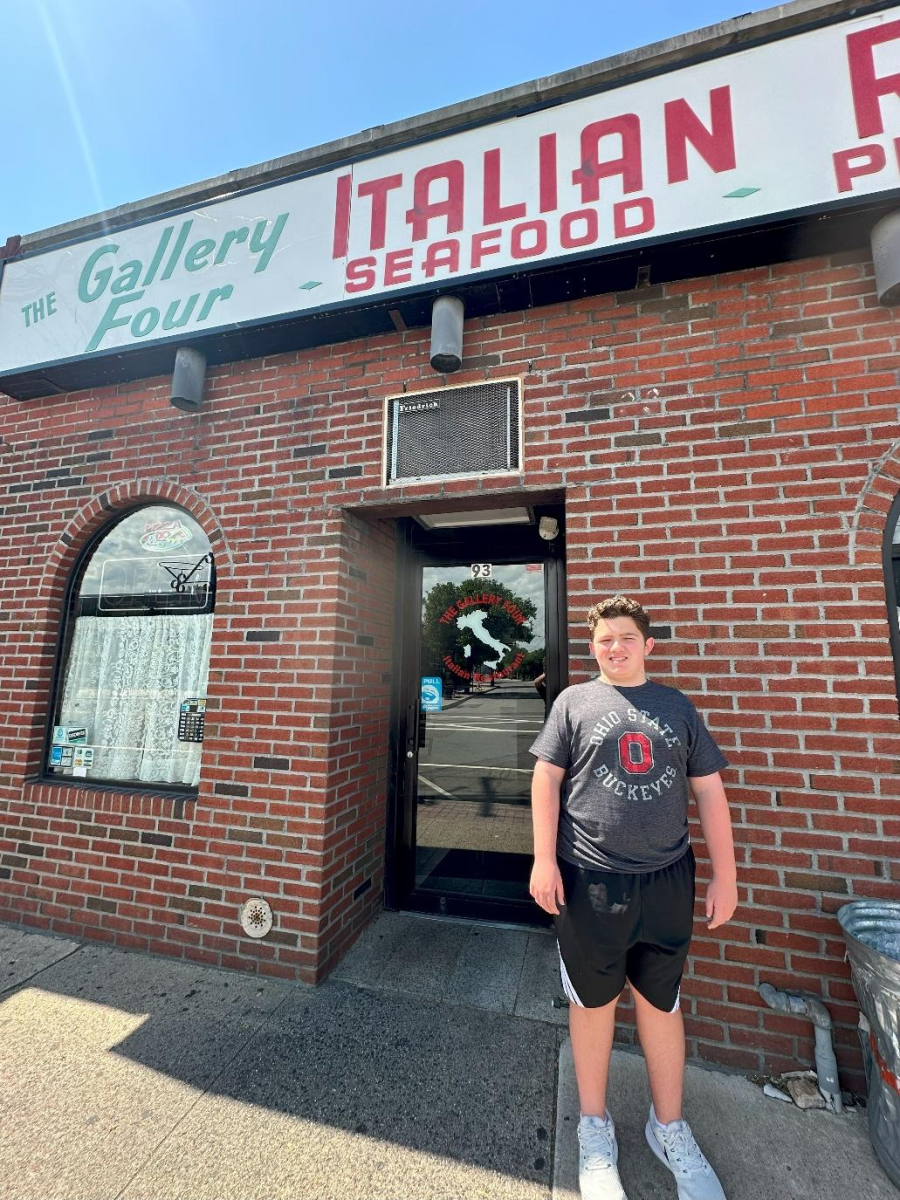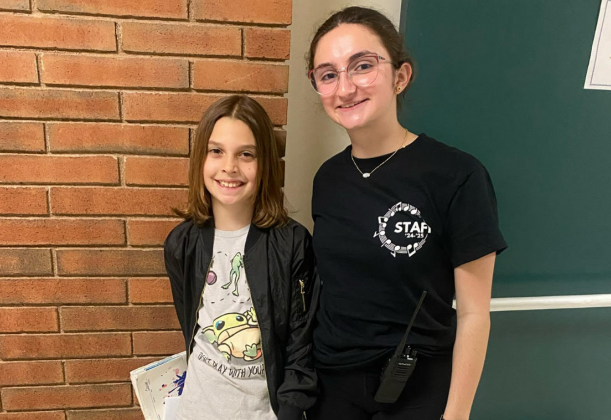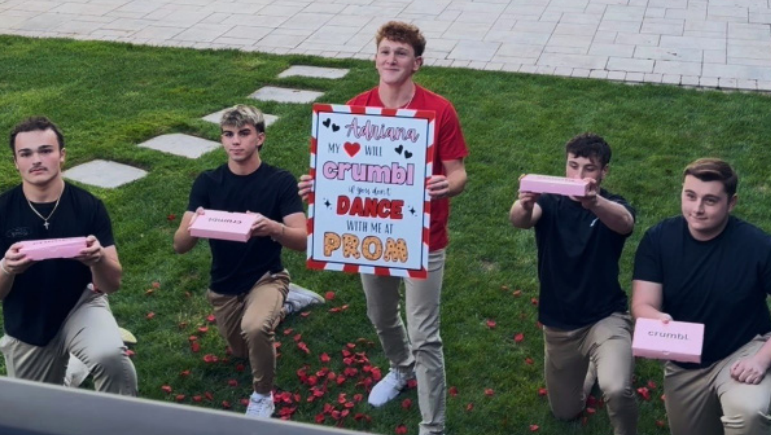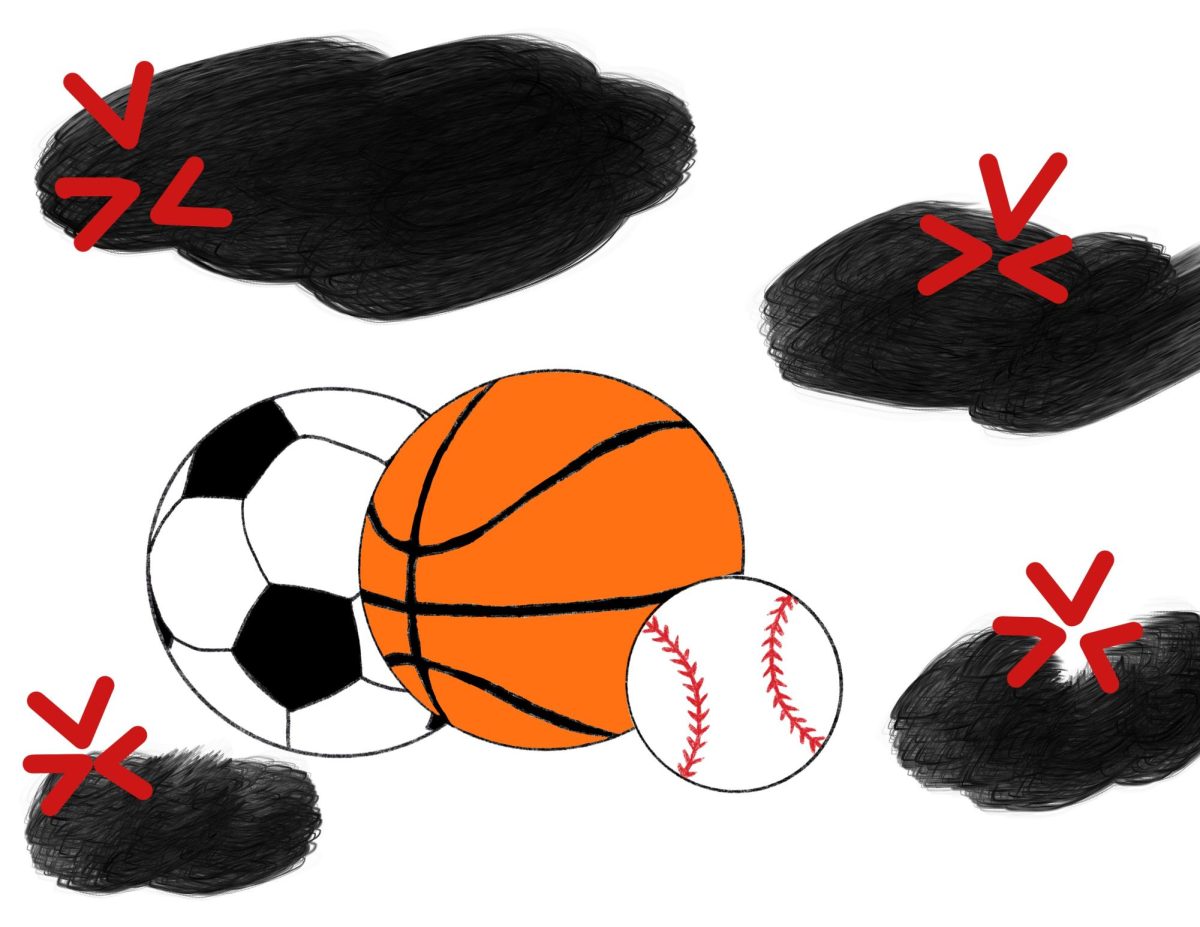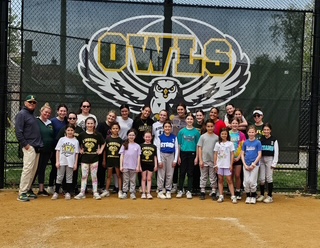Dear Mom and Dad,
Teenagers are often associated with rebellion and mischievousness. Because of this stereotype, parents often feel the need to watch their children closely. The question is, how much supervision do kids need as they enter their teenage years? Each person holds a different opinion on this matter. Some say teenagers need to be followed with a close eye; others say that teenagers need their privacy in order to learn, flourish, and grow. There is a fine line between parents concerned with safety versus “helicoptering” over their children, and many parents are unable to tell the difference. There must be a balance between independence and supervision for teenagers.
A “helicopter parent” is a phrase used to describe a parent who is overly involved in the life of his/her child and who tends to hover over every decision the teenager makes. While it is necessary to be involved in the life of and supervise a teenager, coddling teens can actually have more negative effects. Teenagers need to be able to make their own decisions in order to establish individuality and learn from the consequences of their actions.
Most teenagers with “helicopter parents” learn to get around the obstacles their parents set. This makes them more inclined to be dishonest, and this creates a lack of trust between child and parent. Trust is a huge part of the relationship between a parent and a teenager. If teenagers do not feel trusted by their parent(s), then they also begin to lose their sense of trust.
A Stanford educator, Professor Jelena Obradoviĉ, led a study focusing on the importance of letting teenagers take the lead in their lives. Obradoviĉ found that too much parental involvement can actually have negative effects on behavioral development. There are benefits to being involved in your child’s life, but these benefits turn to detriments when a line is crossed. “There is a really important shift when parents have to learn to pull back,” Obradoviĉ said.
In another study conducted by Catherine Carrera, she explored college students who are “overparented” and concluded that it can do more harm than good. Carrera explained that parents or guardians who are accustomed to telling their children what to do, when to do it, and how to do it, can be thrown off when their children go to college, which is a critical time for teenagers to grow accustomed to adult life.
Stanford student and associate of the experiment, Julie Lythcott-Haims, said, “Overparenting creates an obstacle for a child. It robs them of agency, self-efficiency, and the chance to live a normal, healthy life.”
With devices such as Life360, Find My iPhone, and video surveillance, teenagers often feel like they do not have the privacy they need and deserve. Life360 is an app that people use to track locations, see battery percentages, and monitor driving and car crashes; it includes features where people are notified when someone’s location changes. It is beneficial to be able to see where one’s family members are in a time of emergency, but some parents take this to another level.
While this app is great for making sure one’s child is safe, teenagers find ways to get around this constant tracking. Their methods to get around this can actually put them in potentially dangerous situations. There are, however, some parents who use this app in a neutral way that allows their children to feel trusted and safe.
Rose Fonte, a mother of teenagers aged 17 and 15, explained, “I do have Life360, but I never ‘stalk’ my children unless I have a reason to be worried. My kids know that I trust them and because of this they feel able to tell me where they’re going and when.” Fonte also explained that trust is an integral part of her relationship with her kids, as she avoids “interrogating” them at all costs to make them feel secure and maintain their privacy.
“I allow my kids to decide how their lives will go,” Fonte said. “They know that me and their father will support them in whatever they want to do and that we will be there every step of the way. They feel like they can breathe and become the people who they want to be, not who we want them to be.”












